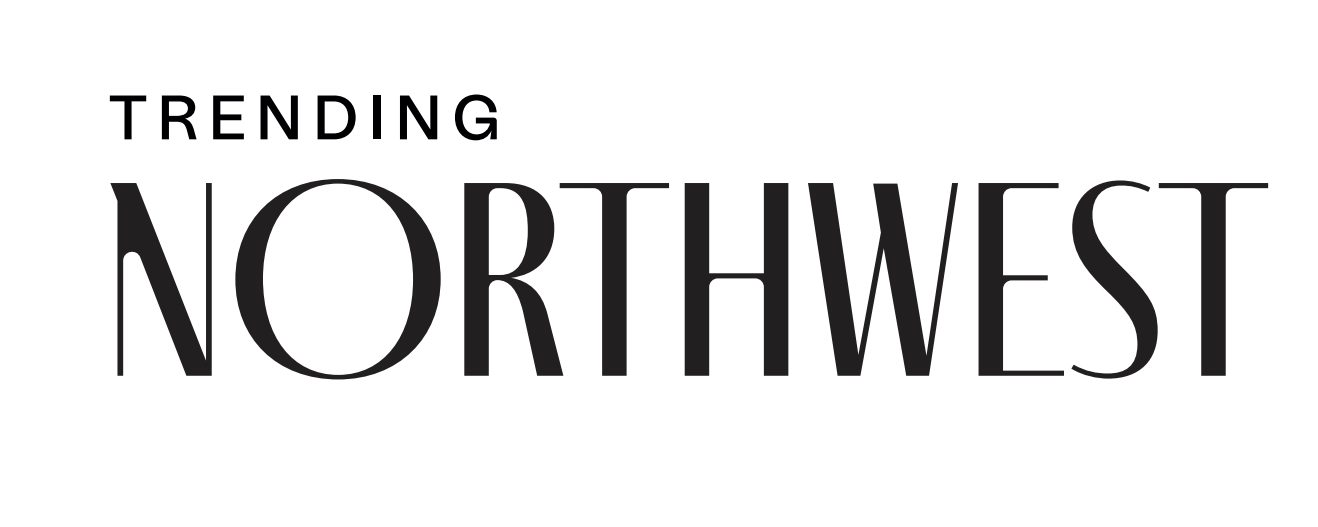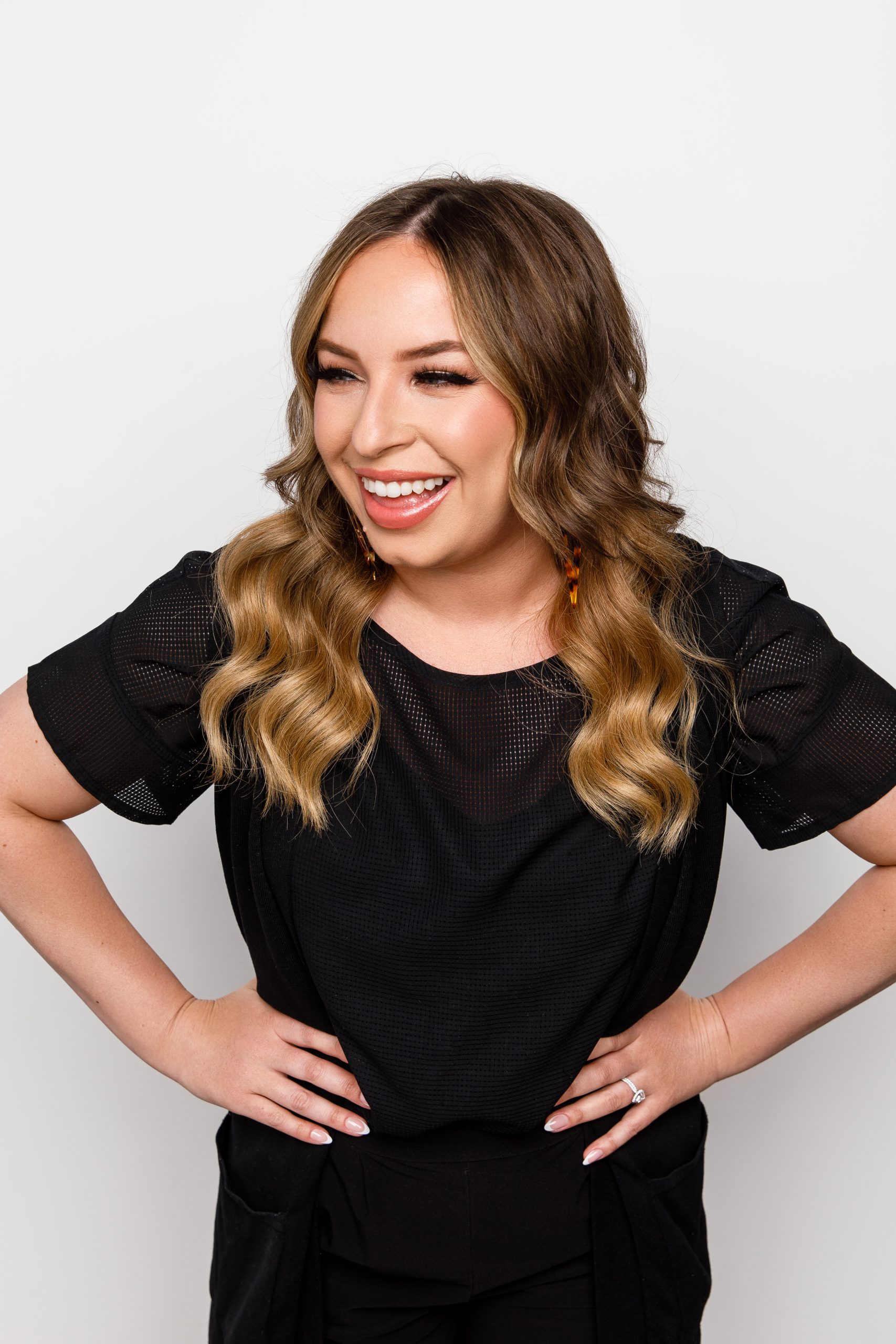Business 101: Essentials for Starting a Small Business
Want to start a business? Awesome! So exciting!
But wait!
Before you jump right into selling your wares or offering your services, don’t skip these foundational things you must do to ensure your business success and compliance with local and federal laws:
Have a Business Plan
Before you do anything, develop a business plan.
This should include a description of your business, your target market, unique selling proposition, marketing and sales strategy, and financial projections.
Your business plan can help you get clarity on what you offer and serve as a roadmap for the future of your business.
Your plan can help you stay organized and focused, so you don’t get sidetracked by “shiny object syndrome.”
Stick to your plan and in the future, after careful evaluation, make adjustments as needed.
A lean startup plan is probably sufficient for internal planning, but if you’re hoping to get a loan from a bank or attract investors, you’ll likely need a more traditional business plan.
This provides potential investors or lenders with detailed information about your business and its potential for success.
For business plan writing tips and templates, visit the Small Business Administration.
Take Care of the Legal Stuff
Your Business Structure
Choose a business name and register it with your state or local government. This may require you to choose a business structure, such as a sole proprietorship, partnership or corporation.
Your business structure can have legal and tax implications, so consult a Certified Public Accountant (CPA) and/or lawyer about which business structure is right for your business.
Your Business Name
To avoid trademark infringement and brand confusion, make sure the name you choose is unique and not already in use by another business.
This can be a challenge! Search your state government website, US Patent and Trademark Office and a general internet and domain name search to see if the name is available.
Think about how your target market will receive the name. It should be memorable, easy to pronounce and spell, and should convey the right image for your business.
Your name should also be flexible enough to allow for potential growth and expansion.
If you’re having trouble coming up with a unique name, you may consider hiring a branding specialist, like myself, or an intellectual property lawyer.
Licensing and Permits
In general, you may need to obtain a business license, as well as any specialized permits or licenses that are required for your type of business. This could include a food service permit or a sales tax permit.
It’s important to research and obtain all necessary permits and licenses before starting your business, as failure to do so could result in fines or other penalties.
To find out which business permits and licenses you need, search on your state’s Department of Revenue or Secretary of State website or check with your local Chamber of Commerce or Small Business Administration (SBA) office for guidance.
Insurance
Depending on the nature of your business, you may need insurance.
Insurance can provide financial protection for your business in the event of unexpected losses or liabilities.
For example, if a customer is injured on your property, or if your business is sued, having the right insurance coverage can help cover the costs of damages, legal fees and other expenses.
I have worked with a local insurance broker to help me find the best policy for my type of business.
Finances
Open a business bank account. This will help you keep your personal and business finances separate, and make it easier to track your income and expenses.
You may consider getting a business credit card as well.
I buy everything with my credit card and pay the bill at the end of the month. This makes accounting easy and I earn airline miles to use when I need to travel.
Speaking of accounting, consider hiring a bookkeeper and an accountant.
Otherwise, you’ll need to do it yourself with accounting software or spreadsheets (which make me feel like I’m having an anxiety attack).
You’ll also need to know which taxes you’re required to file with your state and the federal government. There are a plethora of taxes you might have to pay, or may be exempt from on a quarterly or annual basis (or both).
Collecting Money
There are so many ways to collect money these days. You’ll need to decide which you’ll accept. They all have pros and cons. Here are a few of the most common options:
Cash: Old-fashioned cash is a simple way to collect payments, but it has some limitations and is not always practical. You’ll have to deposit the cash in the bank every day, have cash on hand for change and many consumers no longer carry cash.
Credit/debit cards in-person or online: Most businesses accept payments by credit or debit cards, which are convenient for customers and provide a higher level of security than cash.
You’ll need a card processing software and service, which charge a percentage of your sales. In my opinion this is the biggest racket on the planet, especially for super small businesses, so if anyone knows of a low, flat-rate, per-transaction, payment-processing company that integrates with online website builders, hit me up!
Invoicing and billing: Many businesses use invoicing and billing systems to collect payments from customers. This can be done manually using software, or through a third-party service.
Check: Some businesses still accept payment by check, which can be a simple and convenient option for some customers. However, checks can take longer to process and clear than other forms of payment. You will not have to pay processing fees with checks (or cash), however.
Brand It
To stand out from your competitors and attract your ideal clients, develop a unique and consistent brand identity. This can include your business name, logo, color scheme, tone of voice, messaging, photography style – even the sounds, smells and decor of your shop.
Your branding should be designed to appeal to your target audience. Research your target market to gather insights into their demographics, behavior and values to inform your branding decisions.
Once you’ve established your brand identity, it’s important to maintain consistency in how you present your brand to the public.
Use the same visual elements and messaging in your marketing and consistently deliver the quality product or service you proclaim to offer.
Don’t make sudden or drastic changes to your brand, as this can confuse and alienate your customers.
If you’re not sure how to do any of this, consider hiring a branding specialist or creative design agency.
Investing money in branding may seem like a frivolous extra, but if you want to look like a professional, it’s a must and will contribute to your long-term success.
Branding is also the foundation for successful marketing and advertising. Don’t waste money on advertising if it’s going to attract the wrong audience.
Marketing
Now that you’ve set up your business, you need to have a plan for spreading the word!
There are a bazillion ways to market your business. Here are a few:
Online: Most people are searching online these days for the products and services they need. To maximize your online presence, make sure you’ve optimized your website for search engines (SEO). This includes having a well-designed website that’s easy to navigate and contains keywords and phrases relevant to your business.
Ranking higher in search engine results will make your business more visible to potential customers.
Google Business Listing: Make sure your business is listed on Google. It’s totally free, helps people quickly find information about your business and increases your SEO.
This is an absolute must if you have a brick-and-mortar location. Include your address, phone, website, hours of operation and great photos of your business. Encourage your customers to write reviews.
Building backlinks: A backlink is a link from another website to your own. Having numerous high-quality backlinks can improve your website’s search engine ranking and make it more visible to potential customers. You can build backlinks by creating useful, informative content and sharing it on other websites.
Leveraging Social media: Social media platforms can be a powerful and cost-effective way for a small business to reach its customers. Use social media to share information about your products or services, interact with your customers and build your brand.
Networking: Networking can be a valuable way for a small business to connect with potential customers and partners, especially when you’re just starting out.
Making connections and building relationships are the key to networking success. Don’t go to networking events or join local business organizations with the expectation of selling yourself.
Show up, get to know people and you’ll soon start to get referrals or find opportunities to partner with other businesses to promote your products or services.
Advertising: Paid advertising to promote your business is totally an option, if you have the budget. Budgeting for marketing and advertising (including branding) is a must and should be included in your business plan.
You can advertise with print ads, online ads, or advertising on radio or television, sponsoring sports teams or fundraising events.
Advertising that is trackable is ideal, so you can measure the effectiveness of the campaign. Online ads or direct mail campaigns with a trackable call to action are just a few ideas.
This article has included the essentials of starting a small business. As a successful business owner, I have had to act on each of these tips and to-dos. Ask any other business owner, and I’m sure they’ll be happy to tell you about their professional journey as well.
There’s always more information to share and research; download a free list of 100 Ways to Market Your Small Business.
Tanya Goodall Smith
Tanya Goodall Smith is a branding expert, founder of WorkStory Creative, and a certified personal branding strategist for Brand Builder’s Group. She’s worked with hundreds of international brands and micro-businesses to develop and improve their brand assets. She served on the board of the National Association of Women Business Owners and was a finalist in the Maria Sharapova Women’s Entrepreneur program. She has a degree in Visual Communications from the Fashion Institute of Design and Merchandising and her expertise has been featured in dozens of leading industry publications and podcasts around the globe. Learn more at workstorycreative.com.










